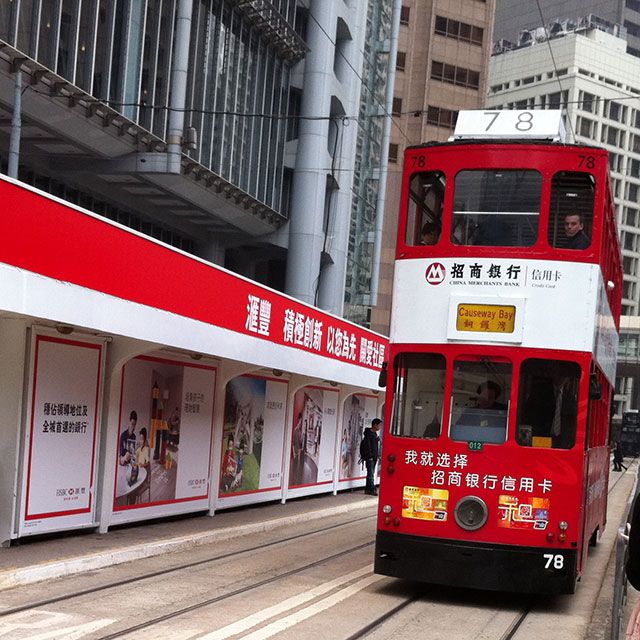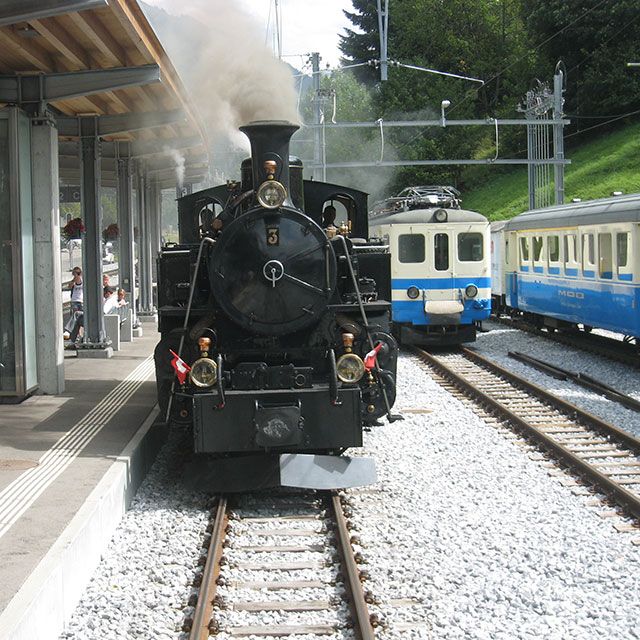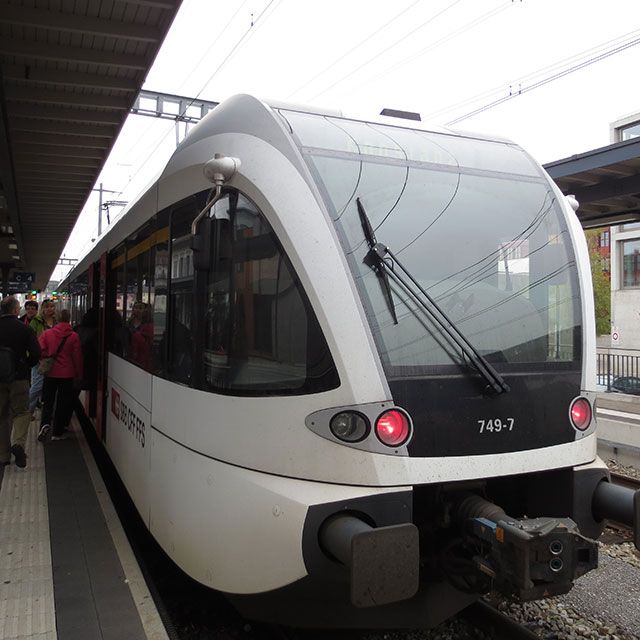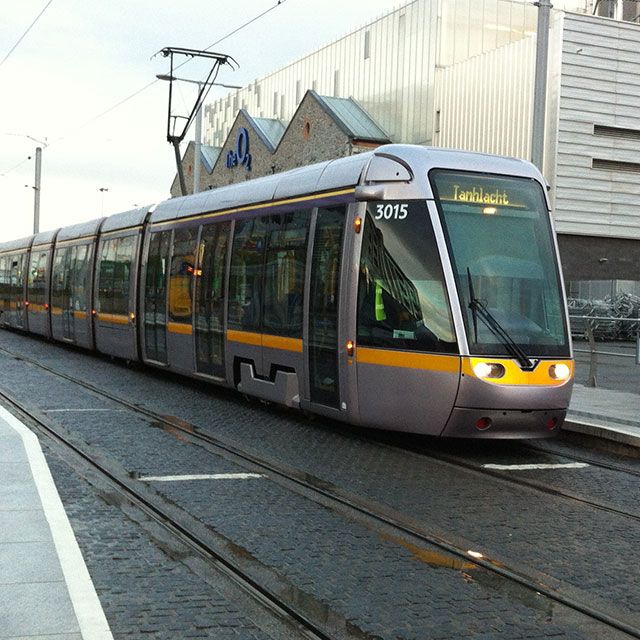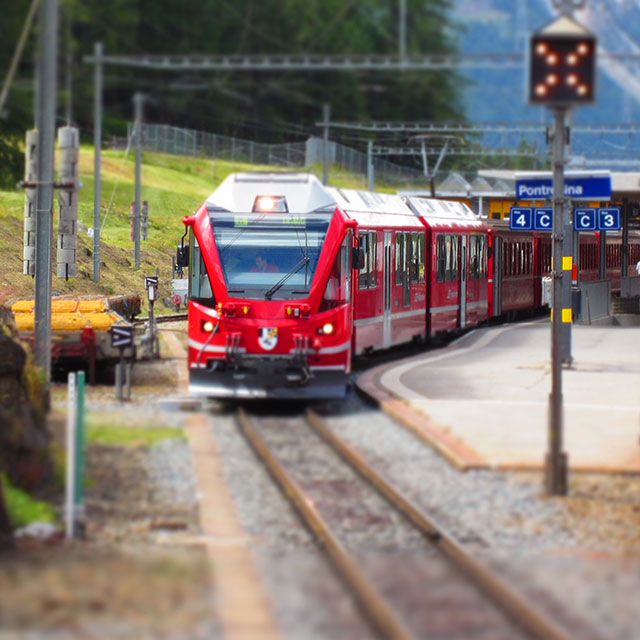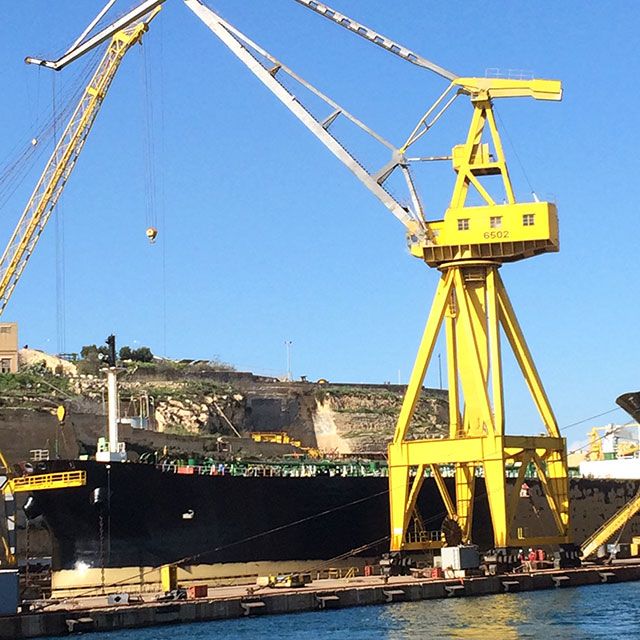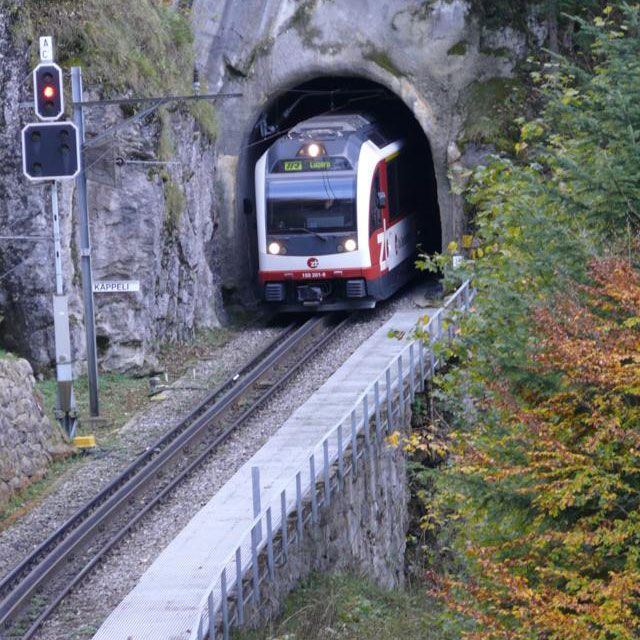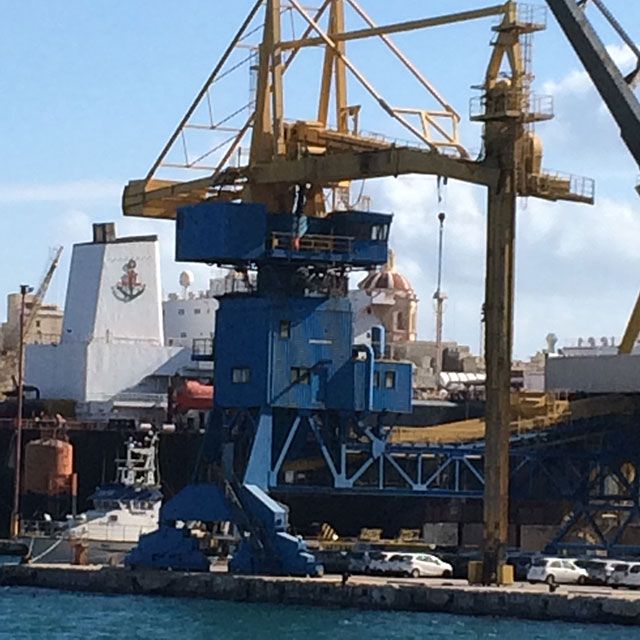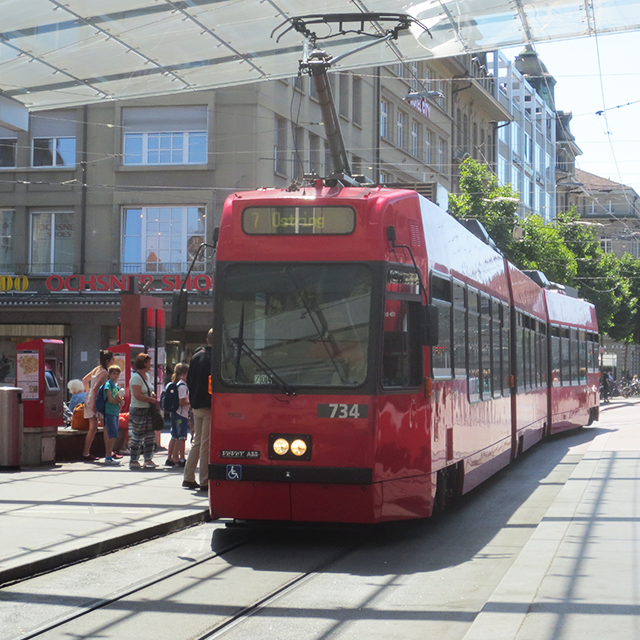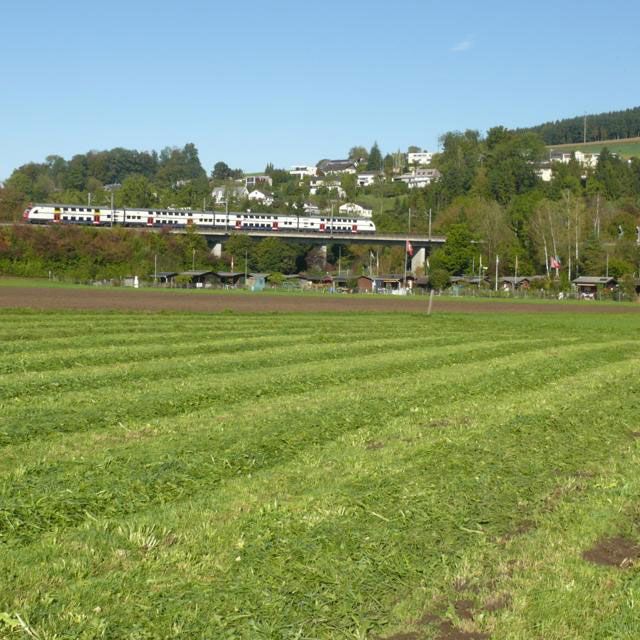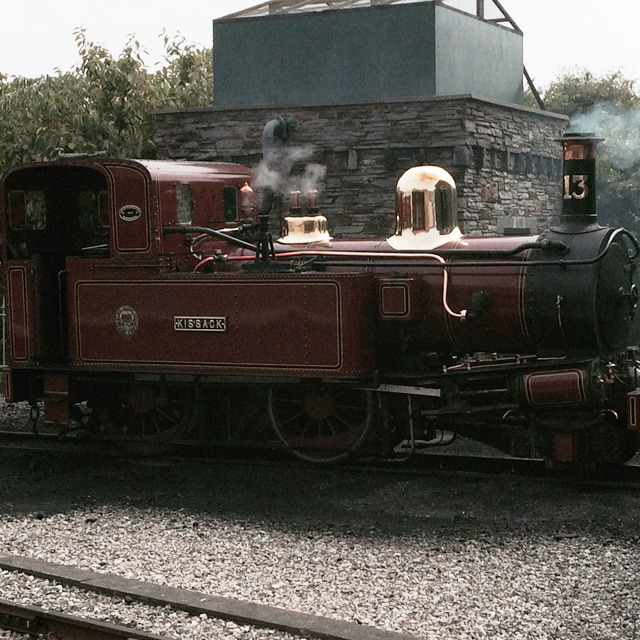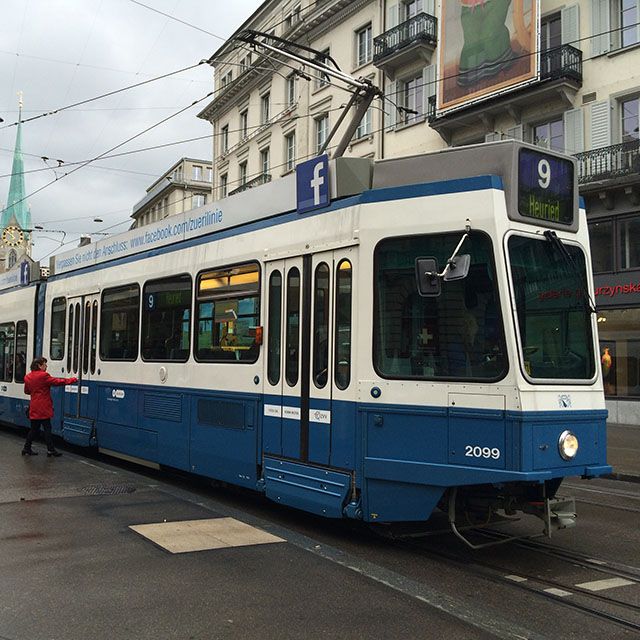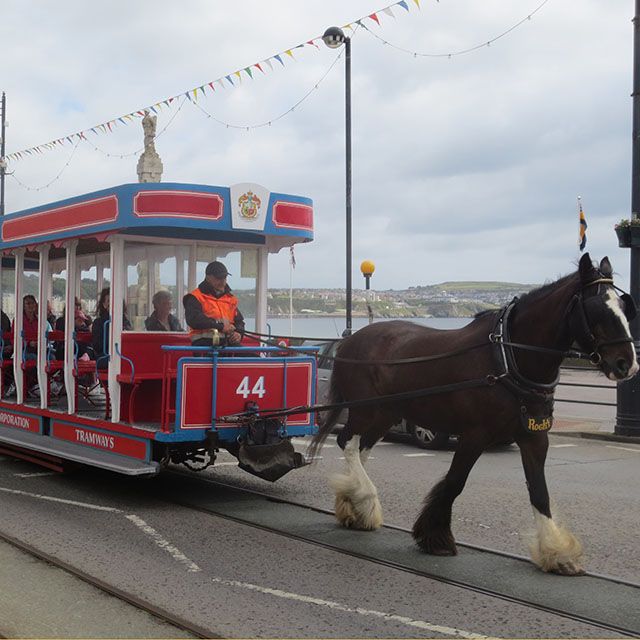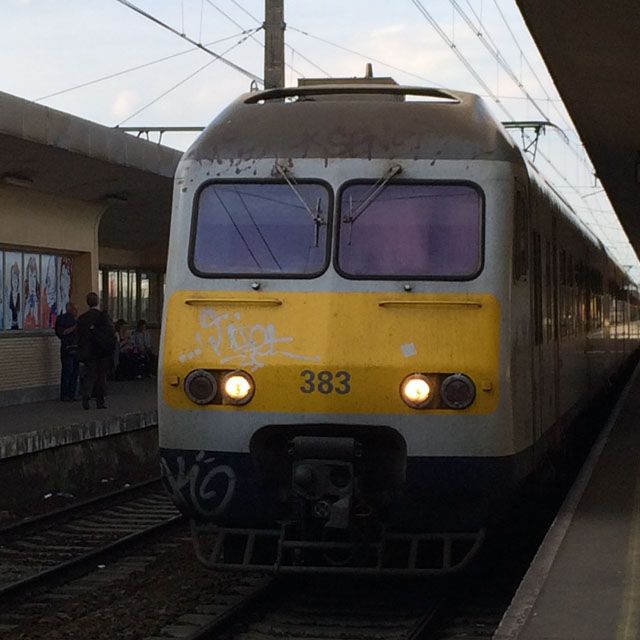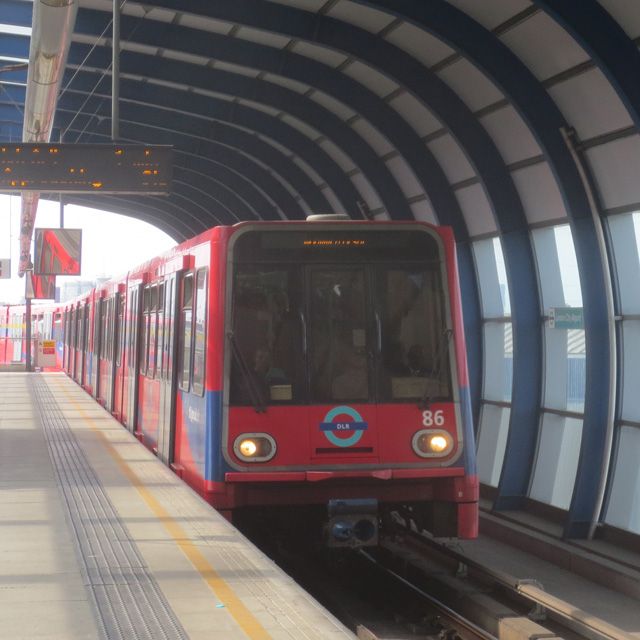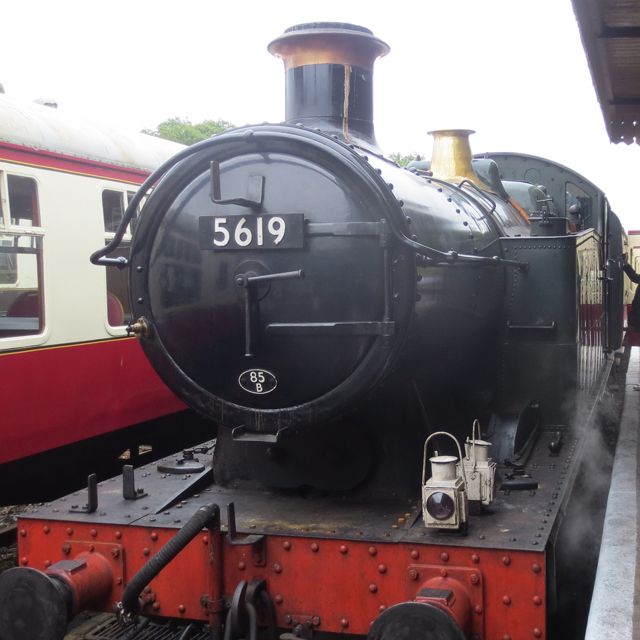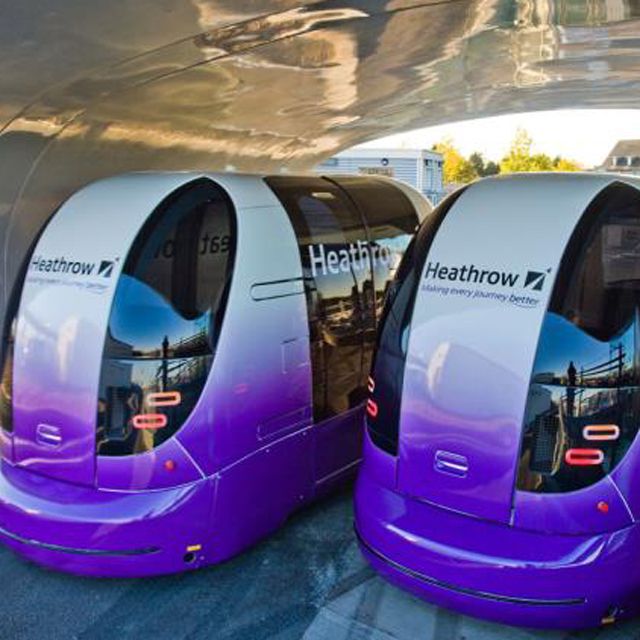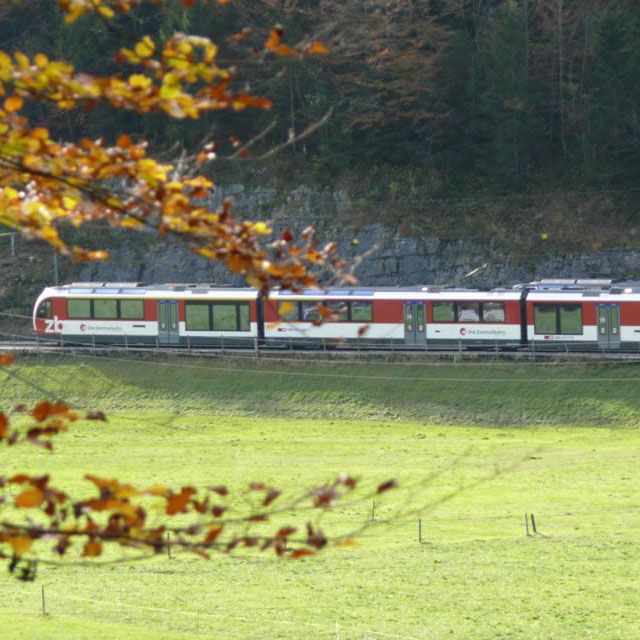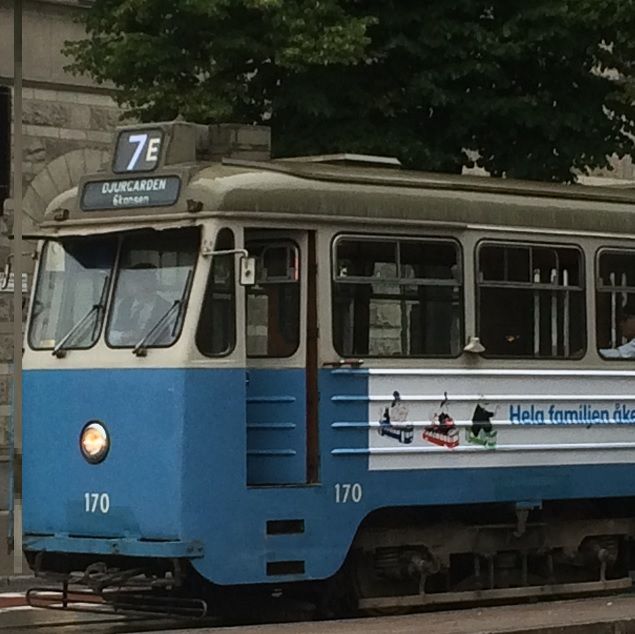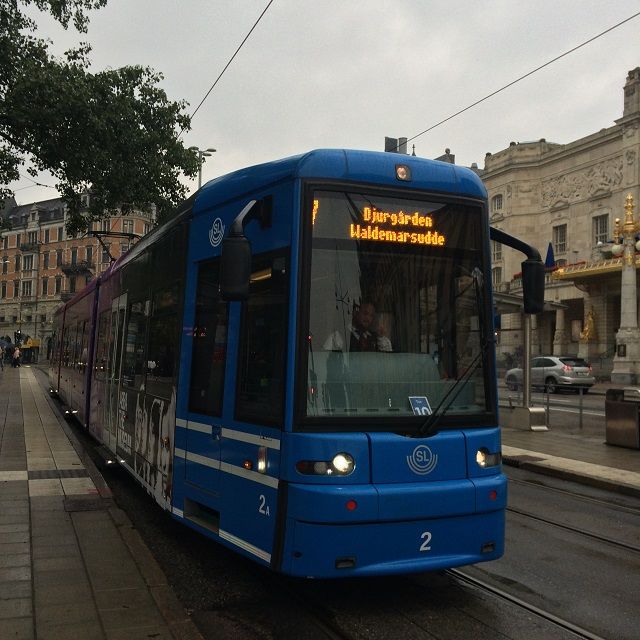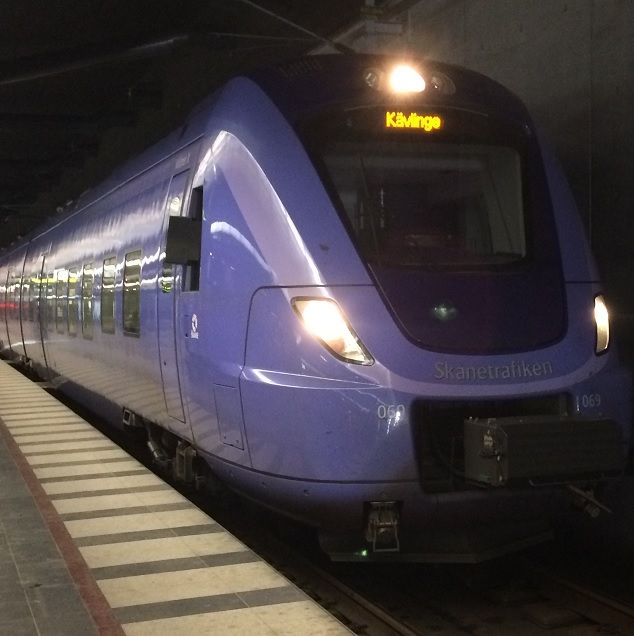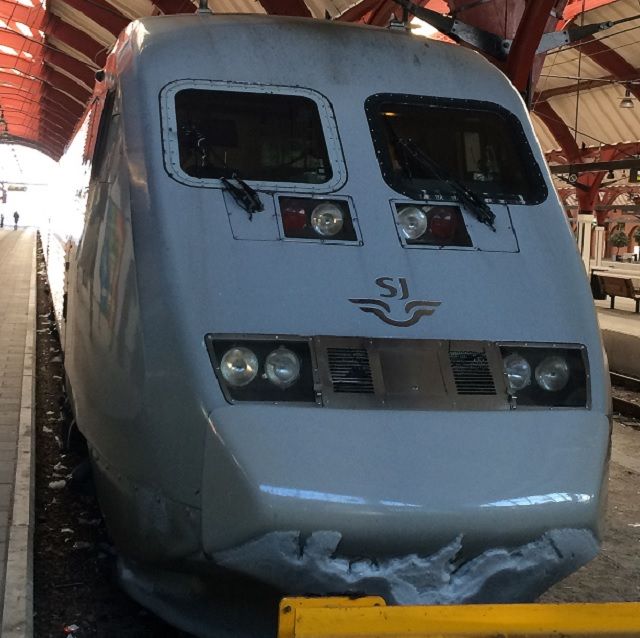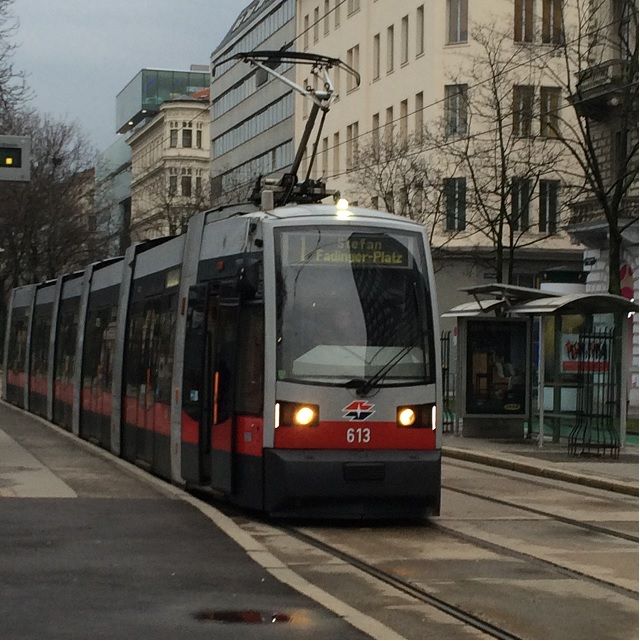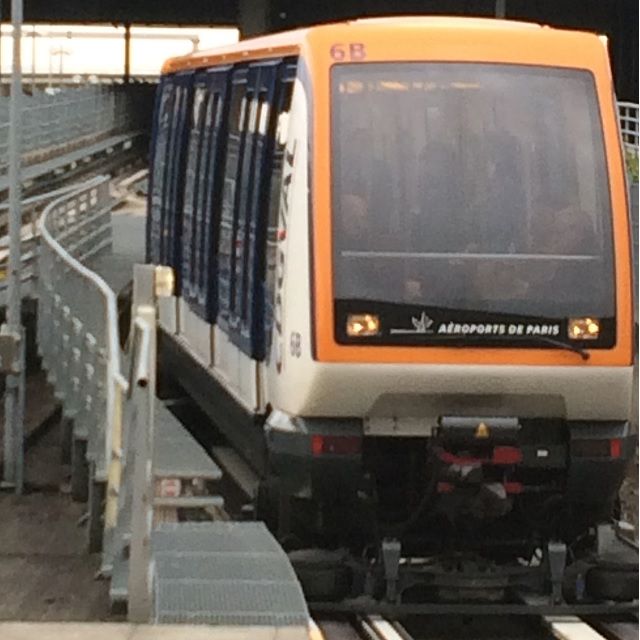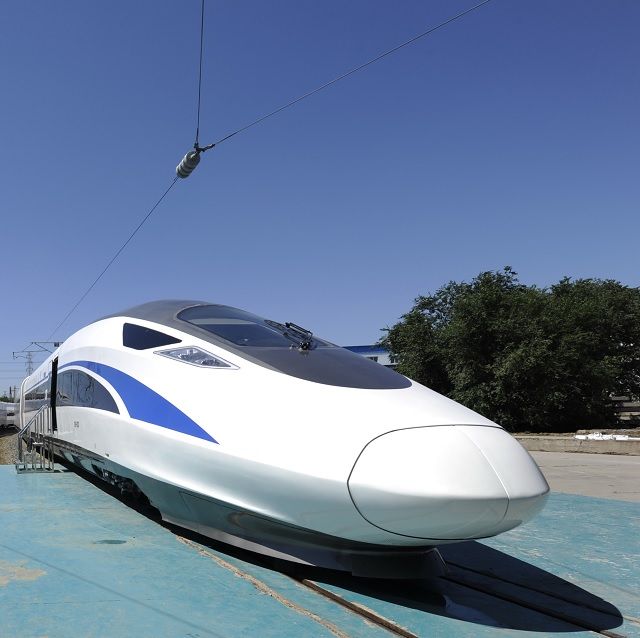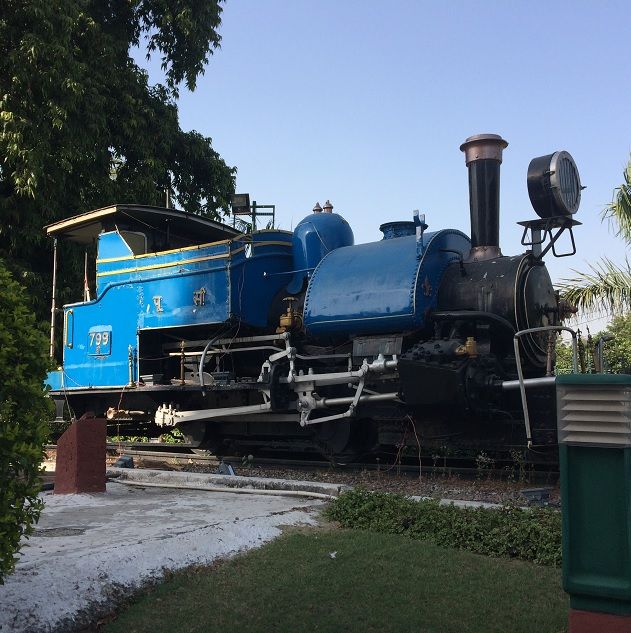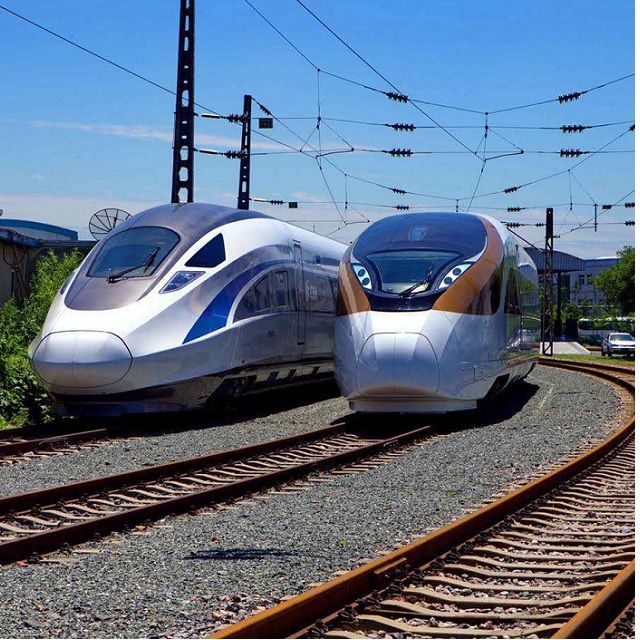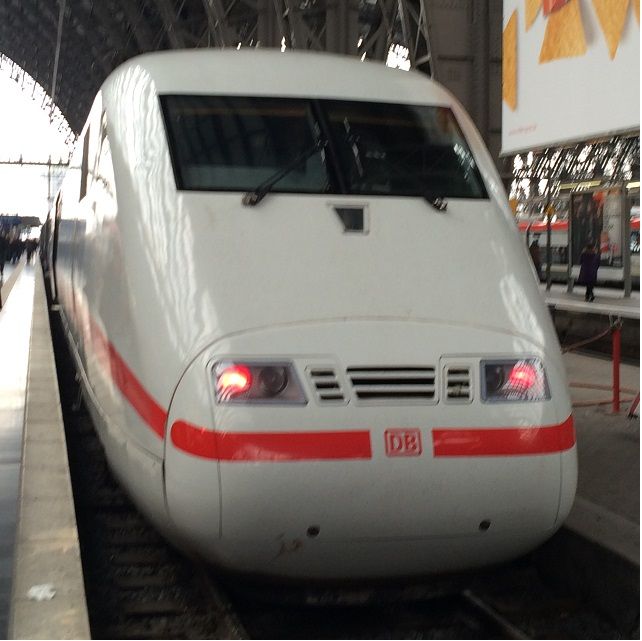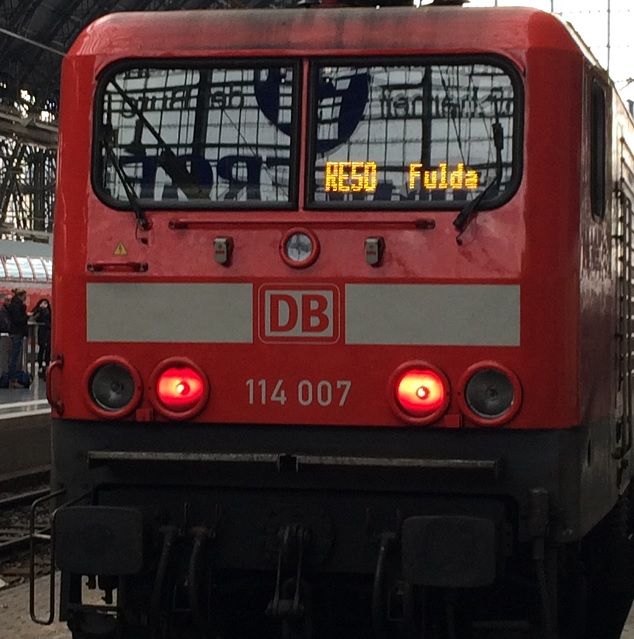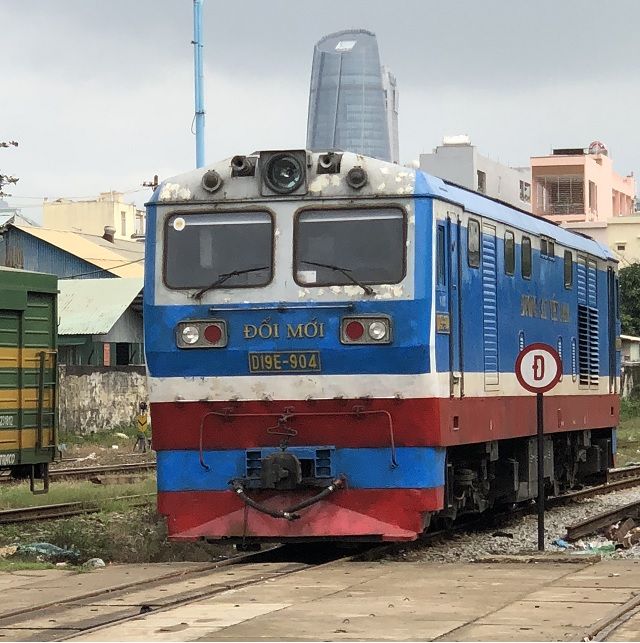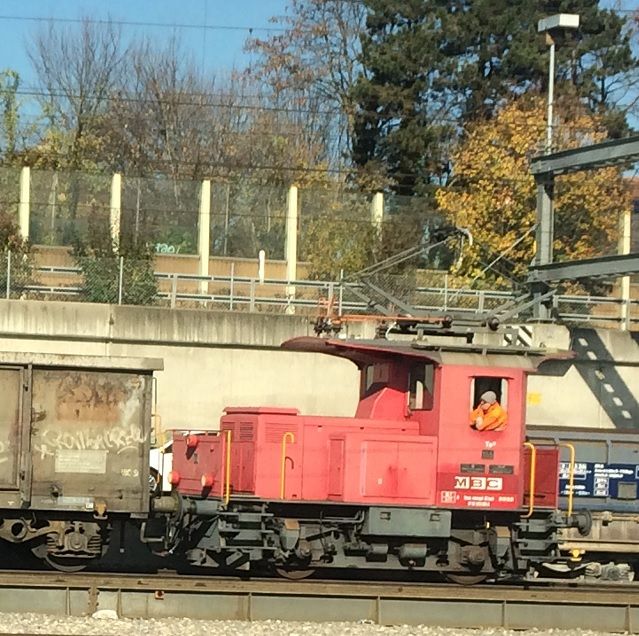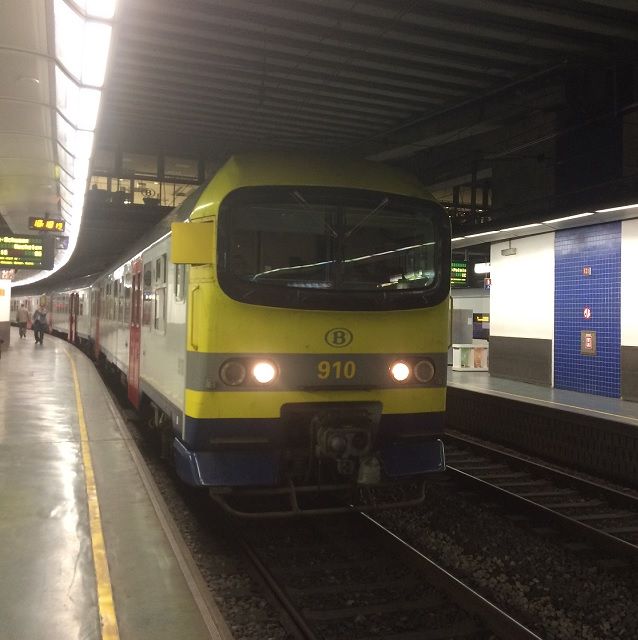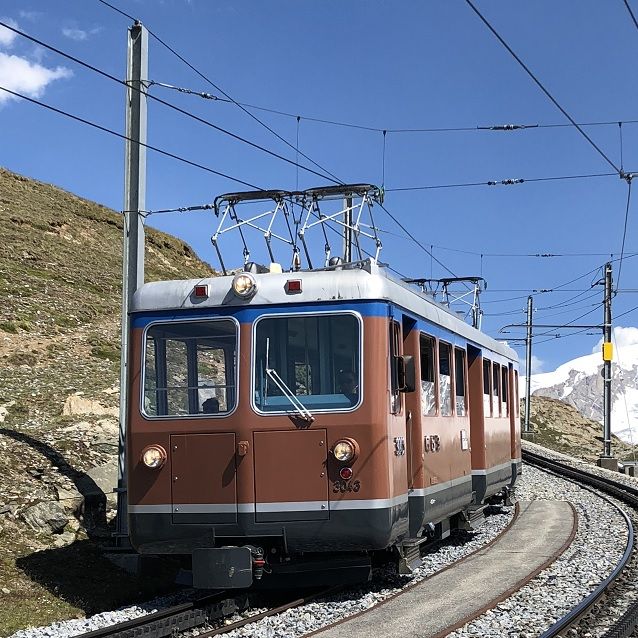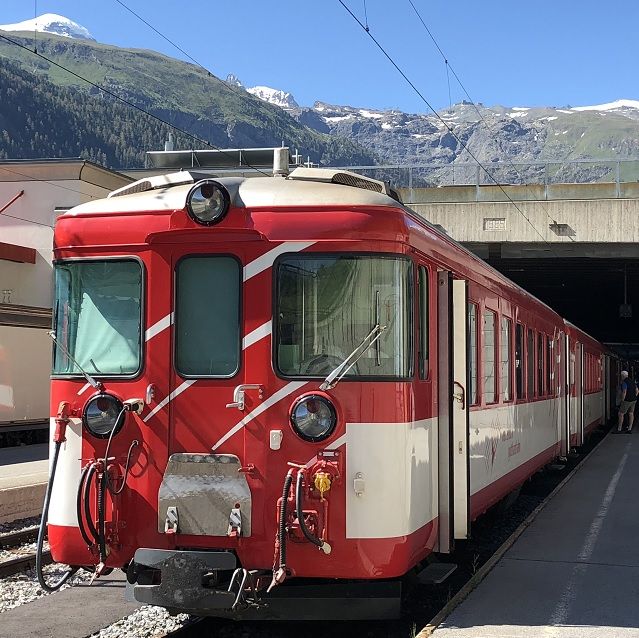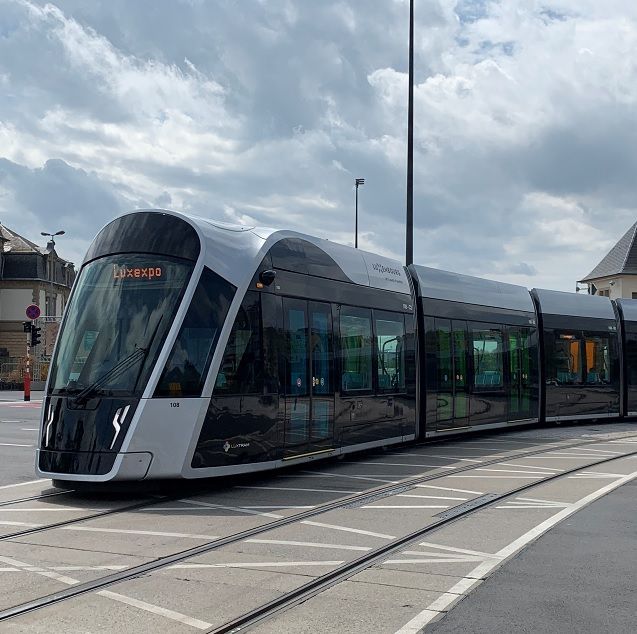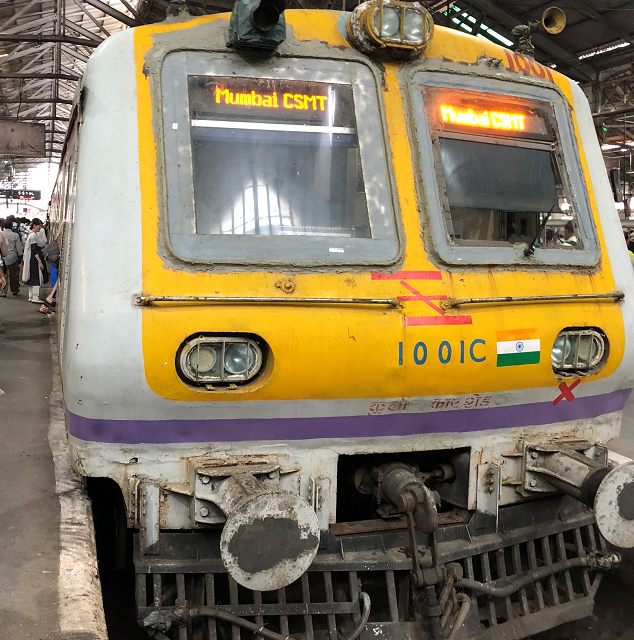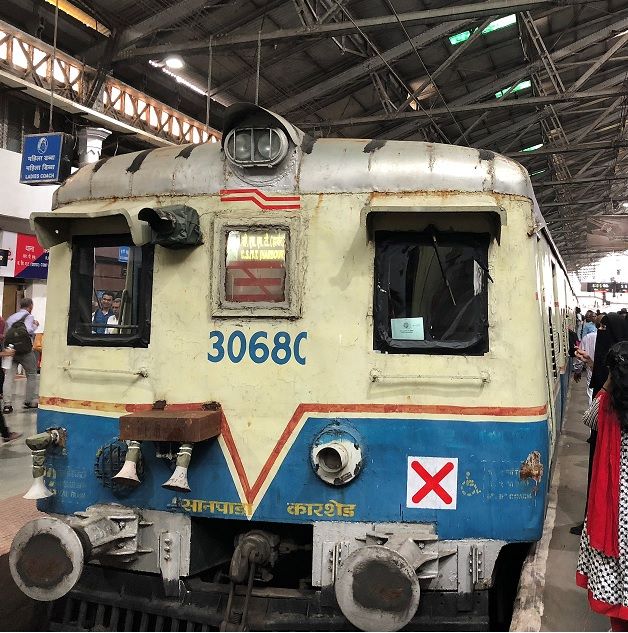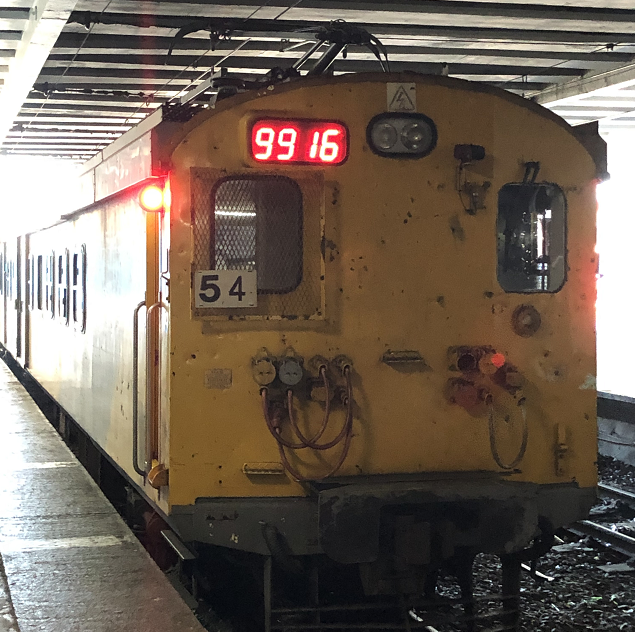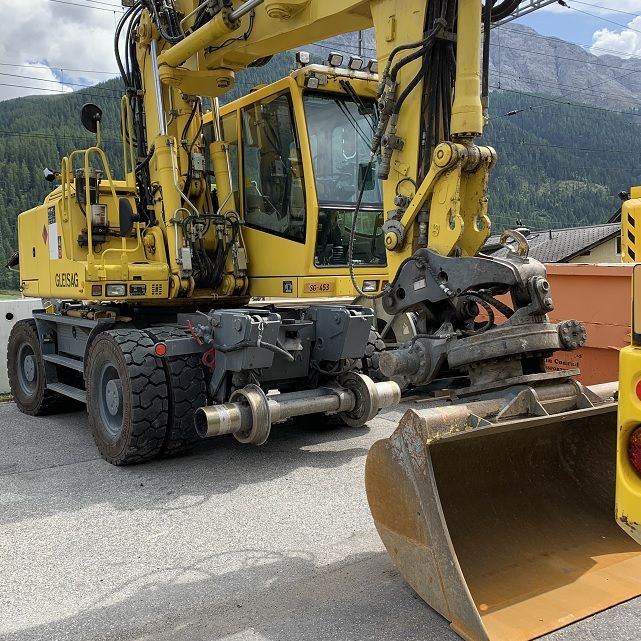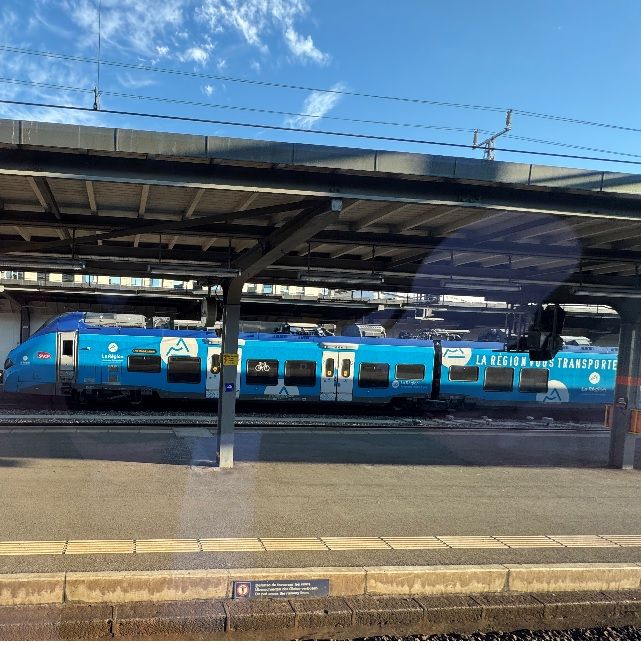News
African Transport Ministers call for the adoption of the Luxembourg Rail Protocol
African transport and energy ministers spoke out last month in support of the Luxembourg Rail Protocol to the Cape Town Convention at the Specialized Technical Committee on Transport, Transcontinental and Interregional Infrastructure, and Energy (STC-TTIIE) of the African Union (AU). The high level meeting took place in Zanzibar, Tanzania, and the declaration, addressed to the 55 AU member states, issued after the high level meeting and now published, urged “[a]ll remaining Member States to complete the ratification process for ….. the Luxembourg Protocol on railway rolling stock”. The statement from ministers, now being referred to as the Zanzibar Declaration, is part of a call to action to strengthen Africa’s infrastructure in the air, at sea, and on land.
For the Rail Working Group and stakeholders in the railway industry, the Zanzibar Declaration is a major step forward for the development of the rail sector in Africa; the AU has thrown its weight behind the Luxembourg Rail Protocol, alongside a push to implement several other measures to modernise, streamline and strengthen African transport networks. Since over 50 nations on the continent have neither signed nor ratified the Protocol, this declaration provides a powerful impetus for positive change while also recognising the Protocol as a critical part of the Programme for Infrastructure Development in Africa (PIDA).
“We welcome the inclusion of the Luxembourg Rail Protocol in the Zanzibar Declaration as a key part of PIDA and in support of the AU flagship project, the African Integrated Railway Network and the African Continental Free Trade Area,” said RWG Chairman Howard Rosen. “Better rail transport across Africa will power the next phase of African growth in a cost-effective and environmentally sustainable way, but this will require massive investment in rolling stock from the private sector, which will be driven by the Luxembourg Rail Protocol delivering more security and cheaper funding for rail operations domestically and across borders in Africa,” he added.
NOTES FOR EDITORS
The Luxembourg Rail Protocol to the Cape Town Convention on International Interests in Mobile Equipment is a new global treaty under the auspices of UNIDROIT, the International Institute for the Unification of Private Law. The Protocol will make it much easier and cheaper for the private sector to finance railway rolling stock. It sets up a new system for recognition, priorities and enforcement of creditor and lessor rights, which will be registered in an international registry based in Luxembourg, accessible to everyone over the internet 24/7. The Protocol is expected to enter into force in contracting states in early 2024. The European Union (in respect of its competences), Luxembourg, Sweden, Spain and Gabon have ratified the Protocol, and South Africa and Paraguay are about to adopt it. France, Germany, Switzerland, Mozambique, Italy, and the UK have already signed the Protocol and many other African states, including Kenya, Eswatini, Namibia, Senegal, Ethiopia, and Mauritius, are looking at adoption of the Protocol. The Protocol is endorsed by many international rail organisations (including OTIF, the Intergovernmental Organisation for International Carriage by Rail, and the UIC, the Union of International Railways) and actively supported by the African Union, the European Union, the UN Economic Commission for Africa, the UN Economic Commission for Europe, and UNIDROIT. According to a recent UN ECA study about 170,000 new freight wagons alone, costing about $36 billion, are required by 2030 for realization of planned infrastructure for the AfCFTA. The Cape Town Convention and the protocol applying it to aircraft is already in force in 26 African States.
The African Union was established in 1999, as the successor to the Organisation of African Unity, is based in Addis Ababa and represents 55 states across Africa. The Specialized Technical Committee on Transport, Transcontinental and Interregional Infrastructure, and Energy is organised by the African Union Commission (AUC) in collaboration with the African Union Development Agency (AUDA-NEPAD), the African Development Bank (AfDB), and the United Nations Economic Commission for Africa (ECA) to consider policies and strategies for accelerating infrastructure to deliver on the AU Agenda 2063. For more about the Zanzibar Declaration, please click here
The Rail Working Group is a Swiss-based not-for-profit association focused on the adoption and implementation of the Luxembourg Rail Protocol. It has over 80 direct members and hundreds of additional rail stakeholders represented indirectly by various industry organisations that belong to, and support, the objectives of the RWG.
For more on the Luxembourg Rail Protocol and the Rail Working Group see www.railworkinggroup.org.
Further information from the Rail Working Group:
Tel. +41 41 760 28 88
Email: info@railworkinggroup.org
LinkedIn: https://www.linkedin.com/groups/8944744/
Africa Contact: Mesela Nhlapo
EU Contact: Irene Fucà
ENDS




